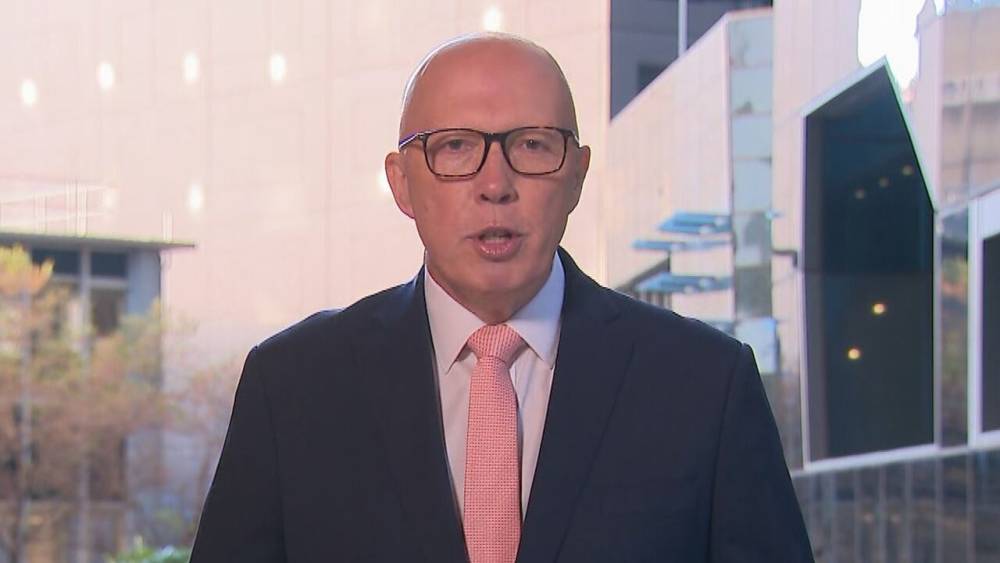
Canberra – With Peter Dutton officially unseated and ousted as the federal Opposition Leader, his two-decade-long political career has come to an abrupt end. But while his time in Parliament may be over, the financial impact on taxpayers is far from it.
Under the generous parliamentary pension scheme, the former Liberal Party leader is poised to receive an estimated $280,000 annually for the rest of his life, sparking renewed debate about the cost of political retirements to the public purse.
Dutton, who served in Parliament for more than 20 years and held several senior cabinet roles including Home Affairs Minister and Defence Minister, qualifies for the lucrative defined-benefit parliamentary pension – a scheme no longer available to newer MPs since reforms in 2004.
Critics argue that the ongoing cost to taxpayers is out of step with community expectations, especially at a time when Australians are facing rising living costs and economic pressures.
“This is a stark reminder of the gold-plated entitlements some former politicians continue to enjoy,” said a spokesperson from the Australian Taxpayers’ Alliance. “While Australians tighten their belts, politicians exit with payouts most could only dream of.”
Supporters, however, highlight Dutton’s long and demanding service to the nation, noting that such pensions were part of the terms agreed upon when he entered public office.
The 2025 federal election saw a significant shift in voter sentiment, with Dutton losing his Queensland seat of Dickson – a shock result that many analysts attributed to changing demographics and dissatisfaction with party leadership.
As the Liberal Party now begins the search for a new leader and direction, the debate over political pensions is likely to continue, especially as more long-serving MPs exit Parliament.